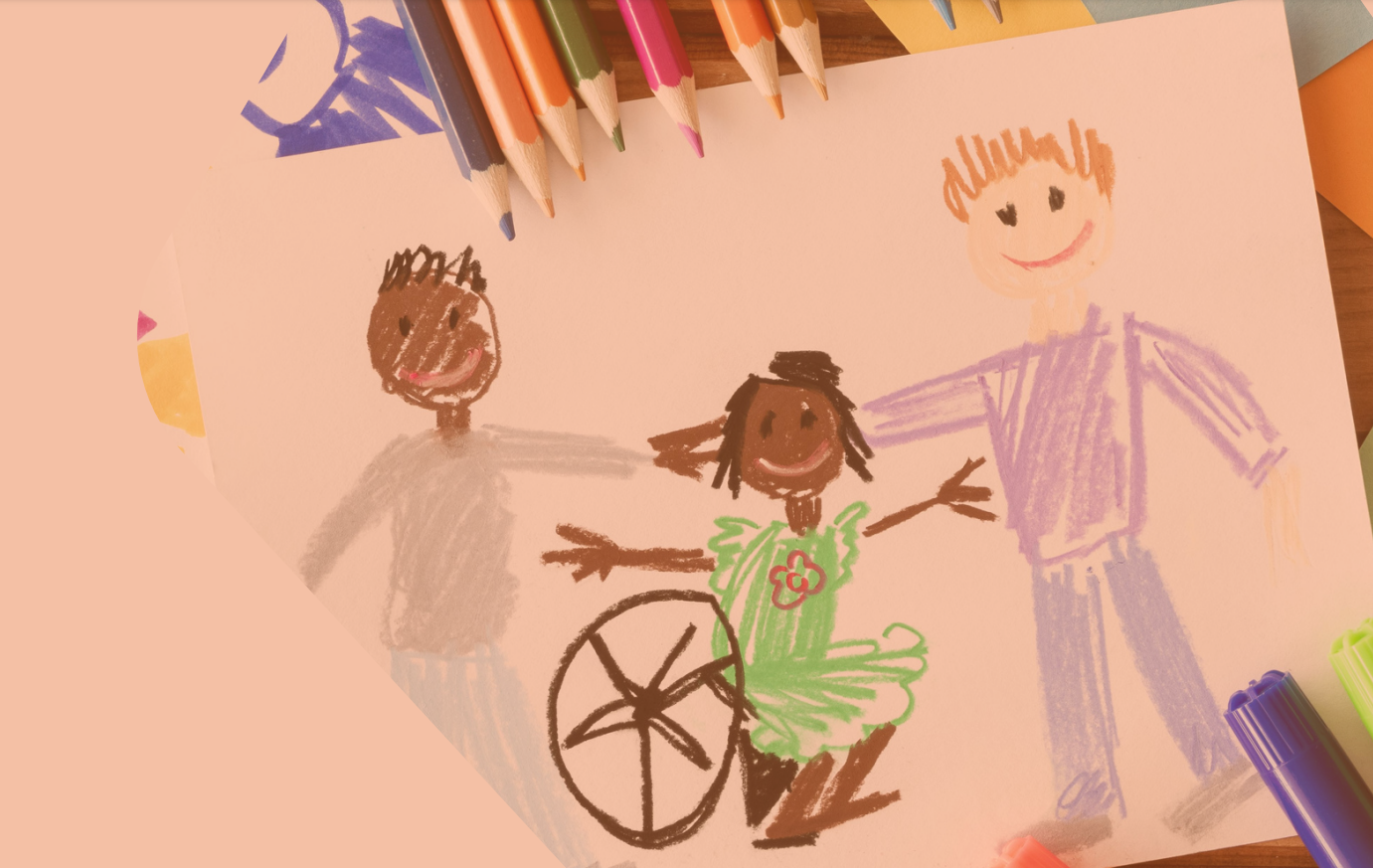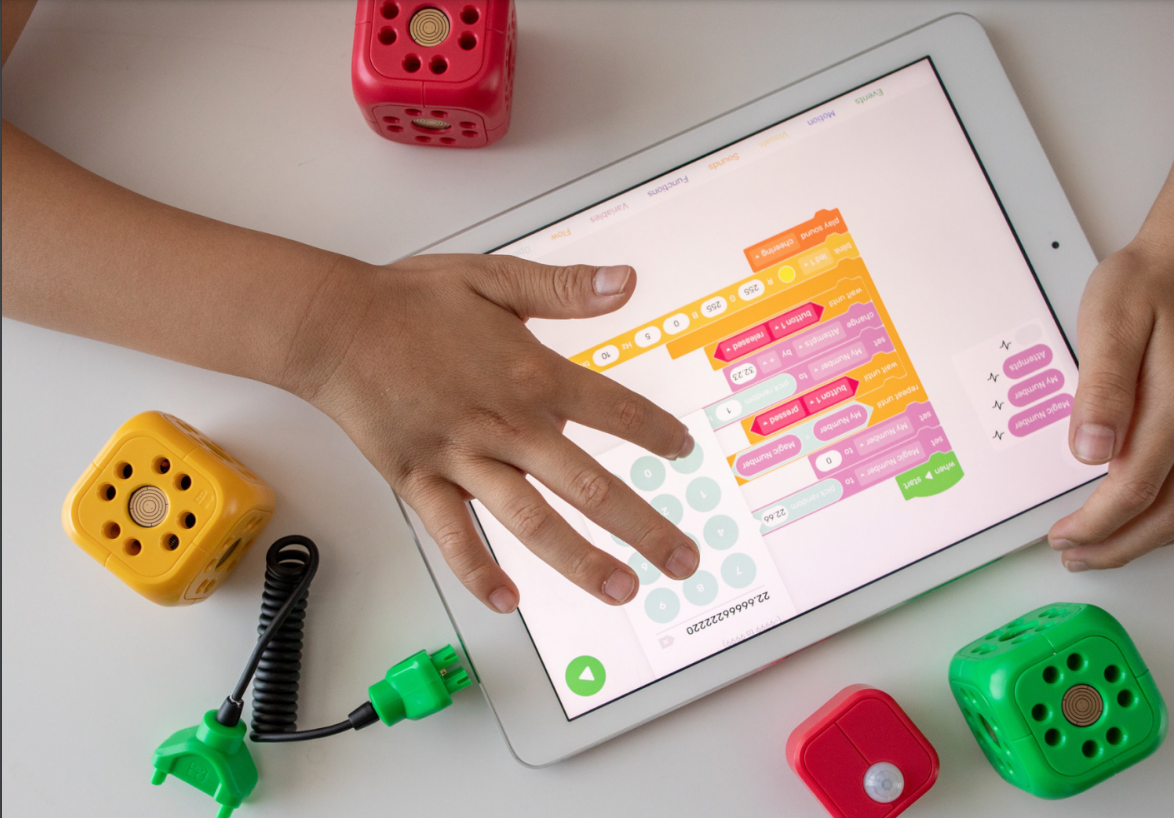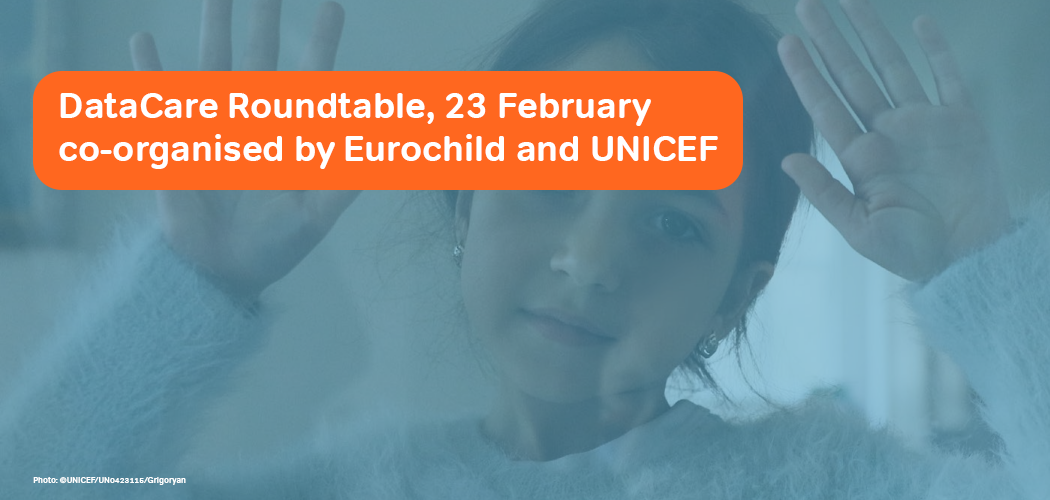Good quality data is a key building block for ensuring effective foster care: Reflections from Ireland
DataCare National Correspondent Professor Emeritus Robbie Gilligan and Eurochild DataCare project coordinator Ciaran O’Donnell share how good quality data is key to addressing policy challenges in Ireland’s alternative care system.
Every country faces challenges with its alternative care provision and ensuring that their national system responds fully to the needs of the children in its care. Ireland has attracted a lot of international interest for having achieved a high rate of family placement in its alternative care system, reversing a historic reliance on institutional care.
Two recent developments in Ireland serve as a reminder that the work of building and retaining an effective system of alternative care is never ending – and that good quality data is a key building block in responding to key policy challenges in alternative care provision.
The role of data to support Ireland’s foster care system
The European-wide strategic push for deinstitutionalisation depends on community-based alternatives of which foster care is a key element. In Ireland, Tusla (Ireland’s Child and Family Agency) recently released its Strategic Plan for Foster Care Services for Children and Young People 2022-2025. The planacknowledges growing challenges in recruiting and retaining foster carers, who of course are the lynchpin of family placement provision. Children cannot be placed in families if there are not the carers and families available.
The new Tusla strategy emphasises the critical importance of data to track developments and support service planning for the foster care system. Tusla has prioritised investment in data systems in recent years which will enable it to match data needs to service planning in areas such as this. Such data can help to shine light on critical issues such as the demographics of the current set of foster carers, and related trends in terms of recruitment, retention, and support of carers.
It is worth noting here that Tusla has also published a companion strategy on residential care Strategic Plan for Residential Care Services for Children and Young People 2022-2025. This places similar emphasis on the value of data in alternative care planning. In addition, the (Irish government’s) Department of Children, Equality, Disability, Integration and Youth announced a new research programme on alternative care in January 2022 to examine the lives of children in care and adults who were in care as children.
The importance of data on the lived experience of children with disabilities
It has long been recognised that children with disabilities are a priority group in deinstitutionalisation efforts in alternative care. This is due to the much higher risk they face of being placed in (often highly unsuitable) institutional / residential care.
In the recent DataCare study the needs of children with disabilities in alternative care in the child welfare systems of Europe was highlighted. A new study from the Irish advocacy group for young people in alternative care EPIC - Empowering People in Care (and funded by the Irish Human Rights and Equality Commission) examines the lived experience of young people with disabilities currently in care or who have grown up in the care system.
This report has also highlighted the importance of data for informing policy and planning. Indeed, the very first recommendation from the study is the provision of disaggregated data relating to children with disabilities in alternative care. The absence of relevant data renders the lived experience of key groups within the overall in-care population less visible.
The EU dimension - good policy for children must be underpinned by good quality data
These recent developments in Ireland will resonate with colleagues across Europe. As will the message that good quality data underpins key policy efforts in areas such as foster carer recruitment and well-attuned alternative care provision for children with disabilities.
The European Child Guarantee requires countries - including Ireland - to publish National Action Plans on how they will address child poverty for groups of children identified as being most in need between now and 2030. Children in alternative care are among the groups of children identified.
To effectively monitor the situation for children in alternative care, Eurochild and UNICEF’s DataCare study recommend that countries collect data using a core set of baseline indicators (such as those recommended by the DataCare project) and disaggregated variables such as disability, age, gender, and expand these over time. This work should be done in parallel with work to strengthen administrative data sources, surveys, and censuses to better inform policy development for children in alternative care.
According to Ireland’s National Action Plan, the OECD is providing support for aligning the monitoring of the Child Guarantee in Ireland with Ireland’s existing evidence on national outcomes for children and young people, and the new national policy framework due to be finalised later this year. This new national policy framework for children and young people will provide a vital opportunity to highlight the policy importance of alternative care for children and all associated data.
*Image from EPIC's report "Headphones, Odd Shoes & A Second Chance at Life"
Further information:
- Erwin, D (2023) Headphones, Odd Shoes & A Second Chance at Life an Exploration of the Experience of Children in Care & Care-leavers with Disabilities. Dublin: EPIC - Empowering People in Care, March 2023 Final IHREC Report (epiconline.ie)
- Gilligan, R. (2023) ‘Residential Care for Children and Youth in Ireland’ Chapter 8, in Eds. James K. Whittaker, Lisa Holmes, Jorge Carlos Fernandez del Valle, and Sigrid James Revitalizing Residential Care for Children and Youth - Cross-National Trends and Challenges. New York: Oxford University Press
- Tusla (2023) Strategic Plan for Foster Care Services for Children and Young People 2022-2025 Strategic_Plan_for_Fostercare_Services-2022-2025.pdf (tusla.ie)
- Read how the DataCare recommendations have been implemented in Romania.
- Read how France is advancing the use of administrative data on children in alternative care.
Read the full findings and recommendations from the DataCare project





